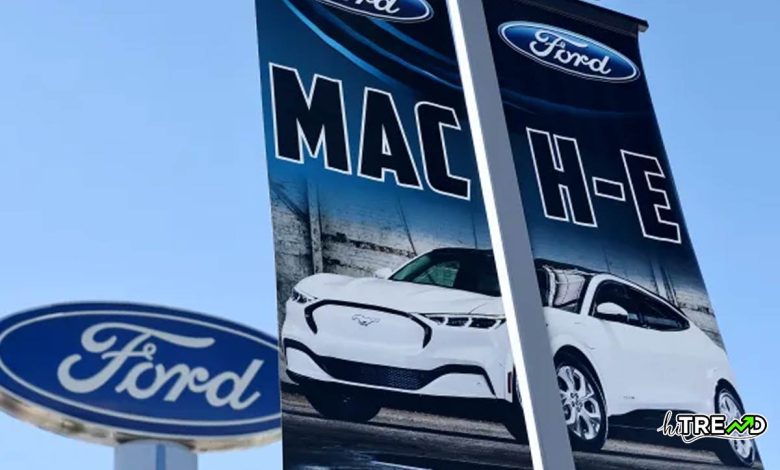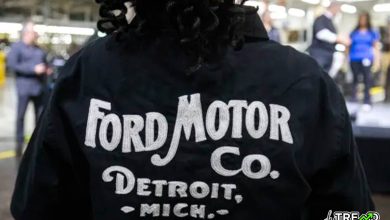Why Ford believes its $1.9 billion shift in EV strategy is the right choice for the company, investors

DETROIT – Ford Motor
’s profit engine for decades has been large trucks and SUVs in the U.S. So it might surprise investors that the automaker believes its new path to profitability for electric vehicles will first be led by smaller, more affordable vehicles.Why Ford believes its $1.9 billion shift in EV strategy is the right choice for the company, investors
The new plan is an “insurance policy” for the automaker to be able to expand its growingly popular hybrid models and create more affordable EVs that it believes will deliver a more capital-efficient, profitable electric vehicle business for the company and investors, according to Marin Gjaja, Ford’s chief operating officer for its Model e EV unit.
“We’re quite convinced that the highest adoption rates for electric vehicles will be in the affordable segment on the lower size-end of the range,” he told CNBC on Thursday. “We have to play there in order to compete with the entrants that are coming.”
You can read more Business articles
Those expected newcomers are largely Chinese automakers, such as Warren Buffett-backed BYD, that have been rapidly growing from their home market to Europe and other countries.
Gjaja’s comments came a day after the automaker announced updates to its EV strategy that will cost up to $1.9 billion. That includes about $400 million for the write-down of manufacturing assets, as well as additional expenses and cash expenditures of up to $1.5 billion.
Ford’s new plans for North America include canceling a large, electric three-row SUV that was already far in development, delaying production of its next-generation “T3” electric full-size pickup truck by about 18 months until late 2027, and refocusing battery production and sourcing to the U.S.
Instead of the three-row SUV or large pickup, the company’s first new EV is expected to be a commercial van in 2026, followed the next year by a midsized pickup and then the T3 full-size pickup.
Gjaja said the decision wasn’t taken lightly, especially the cancellation of the upcoming three-row vehicle, which Ford CEO Jim Farley and other executives had been touting as a game changer for several years.
The commercial van comes as Ford’s “Pro” commercial vehicle and fleet business, which includes vans and large Super Duty trucks, has been a standout for the company and offset billions of dollars in EV losses.
And the midsize pickup is scheduled to be the first vehicle from a specialized “skunkworks” team in California, The company had tasked the team two years ago with developing a new small EV platform.
“We believe smaller, more affordable vehicles are the way to go for EV in volume. Why? Because the math is completely different than [internal combustion engine (ICE) vehicles],” Farley told investors last month. “In ICE, a business we’ve been in for 120 years, the bigger the vehicle, the higher the margin. But it’s exactly the opposite for EVs.”Why Ford believes its $1.9 billion shift in EV strategy is the right choice for the company, investors
Farley has said the weight and cost of battery packs needed for large vehicles such as a three-row SUV, which many families buy for road trips, towing and hauling, are a limitation for EVs due to current ranges and charging networks.
Follow HiTrend on X





